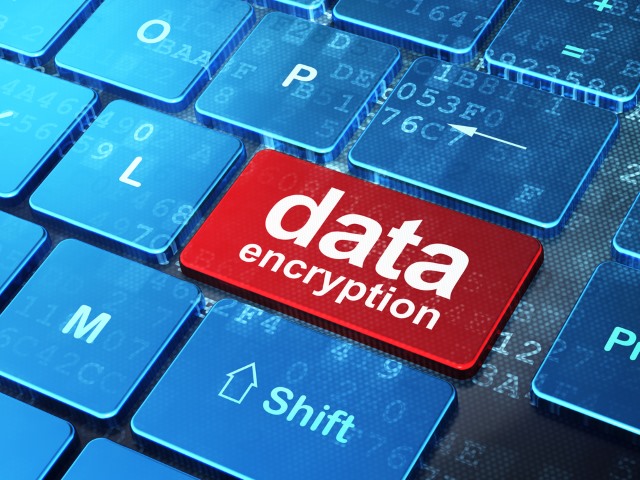
Google partners with Microsoft and other email providers to bolster Gmail encryption
If you are an email user, there is a very good chance you use Google's ubiquitous Gmail service. While there are countless other options, such as Outlook, AOL, Yahoo and more, the search giant's offering is quite popular. It is easy to see why -- it is easy to use, secure, and can double as a Google account for things such as Play access on the wildly popular Android.
Today, Google announces that it is making Gmail even more secure. With so much talk about enryption in the news nowadays, the search giant is enhancing its email service with improved TLS encryption. How is it doing this? By working with other email providers, such as Microsoft to make sure encrypted emails remain that way in transmission.
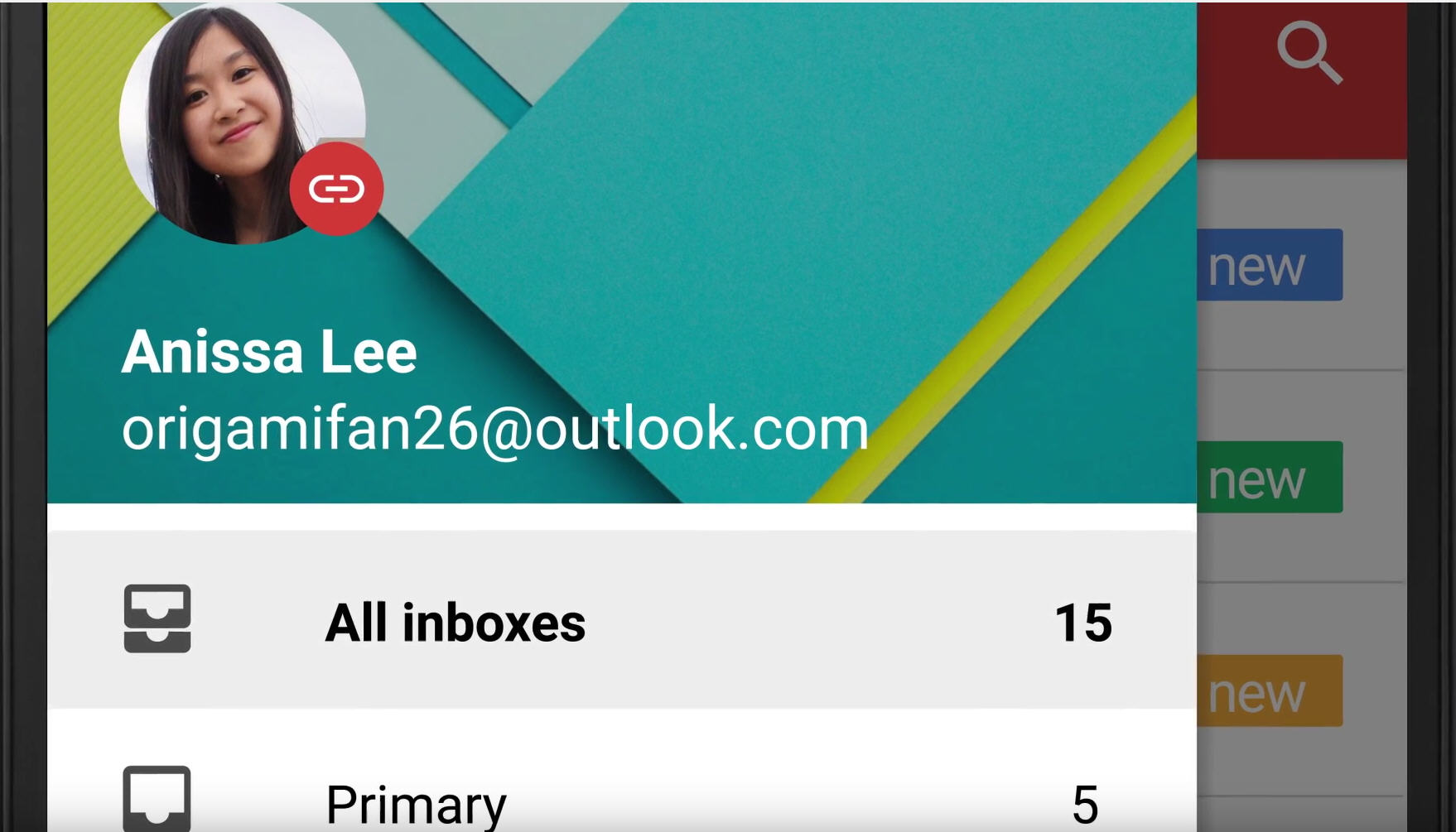
Google wants you to 'Gmailify' your non-Gmail email accounts -- but should you?
While Gmail is the most popular webmail service in the world, not everyone uses it. Plenty of people prefer to get their email through Outlook.com or Yahoo Mail.
Google would like you to use its service -- naturally -- but understands you may not want to go to the hassle of switching, or changing your email address. This is where Gmailify comes in. Link your existing Microsoft or Yahoo webmail account through it (support for other email providers is planned), and you’ll get all of the benefits of Gmail without needing a Gmail address.
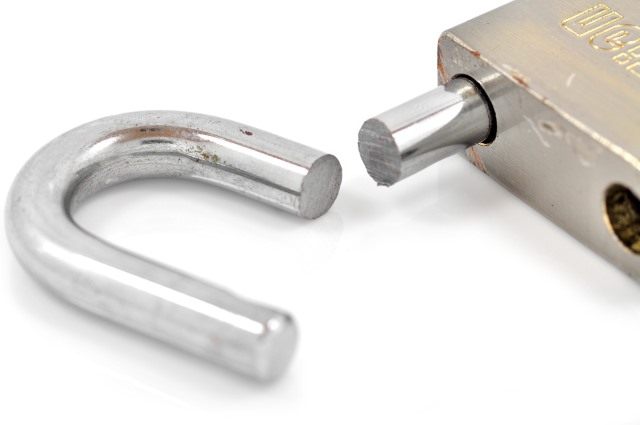
Gmail now warns you if your emails are not TLS encrypted
To celebrate Safer Internet Day the other day, Google gave away an extra 2GB of cloud storage to anyone who completed a simple security audit of their account. At the same time the company also introduced a couple of important security enhancements to Gmail.
The first change sees the appearance of a simple indicator that makes it clear when an email is received through, or is about to be sent through, a service that doesn’t support TLS encryption. A broken padlock icon indicates that TLS encryption is not available, serving as a warning that there is the potential for the email in question to be dangerous or for the message to be intercepted.

Gmail and WhatsApp boast over one billion monthly active users each
There are many products that have hundreds of millions of active users in a single month, but there are few that have passed the billion mark. However, the select group, which includes the likes of YouTube and Facebook, has just gotten bigger.
And it is Google and Facebook which once again add new members to that list, with Gmail and WhatsApp, respectively, joining the pack. Both services passed that milestone in January, with one taking longer than the other to reach it.
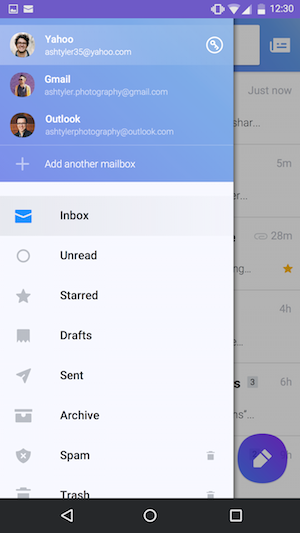
Yahoo Mail app adds support for Gmail, Google Apps accounts
If an email app doesn't support multiple providers, chances are lots of potential users will not bother with it. Or they will seek alternative offerings that do. So, unsurprisingly, major players like Microsoft and Google now welcome those who have embraced rival services to Outlook and Gmail, respectively, even though they would much rather prefer they switch to their own products.
Yahoo has followed suit, adding AOL Mail, Hotmail and Outlook.com to the list of email providers supported in its Yahoo Mail app for Android and iOS. But, as you can probably tell, there was one major service missing from the list -- Gmail. Now, there is an update that rectifies this.
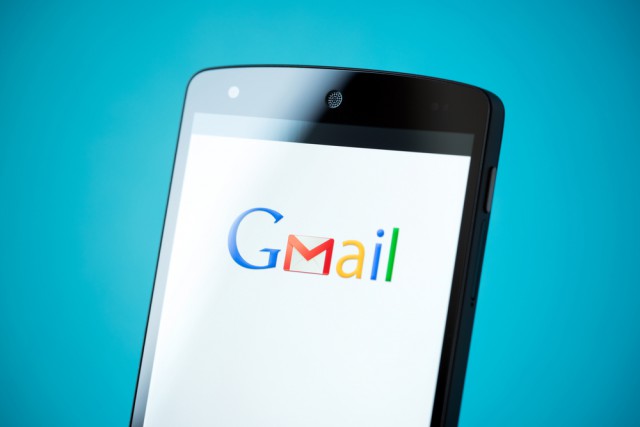
Google adds data loss prevention tool to Gmail
Google is striving to improve the security protection for its business product Google for Work by introducing data loss prevention for its popular services such as Gmail.
DLP is an enterprise technology that aims to reduce the data leakage of confidential and valuable data from the business. The common ways that data leakage occurs is through emails and storing files to employee’s personal cloud storage services.
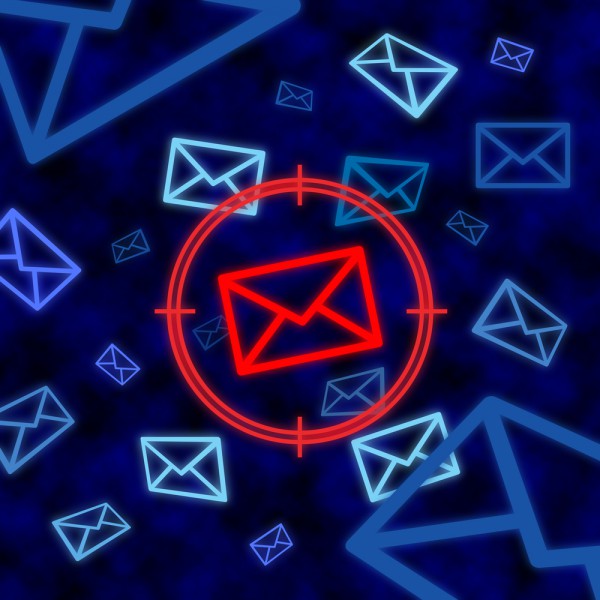
Popular free mail services still use vulnerable versions of SSL
New research from information security company High-Tech Bridge reveals that the security of some of the most popular mail services, including Gmail, Outlook and Yahoo is lacking.
The company used its SSL checker service to test the popular email services for 31 different criteria, including the most recent SSL/TLS vulnerabilities and weaknesses, compliance with PCI DSS requirements, and compliance with NIST guidelines.
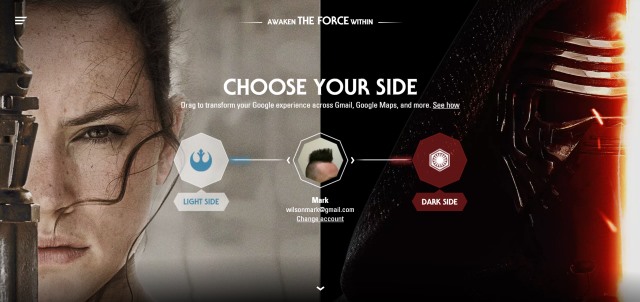
Awaken the Force! Choose the light side or dark to give Google a Star Wars makeover
Even if you're not a fan, it can't have escaped your attention that there's a new Star Wars movie coming out soon. Google is as excited as millions of fans are, and to celebrate Star Wars: Episode VII The Force Awakens it is giving you the chance to give Google apps and services a Star Wars makeover.
Choose to join the light side or the dark side, and Gmail, Google search, and more will be customized in a Star Wars style. Like the idea of being shown how to get to your destination by an X-Wing flying down the streets in Google Maps? Consider it done! But there's a lot more to look out for...
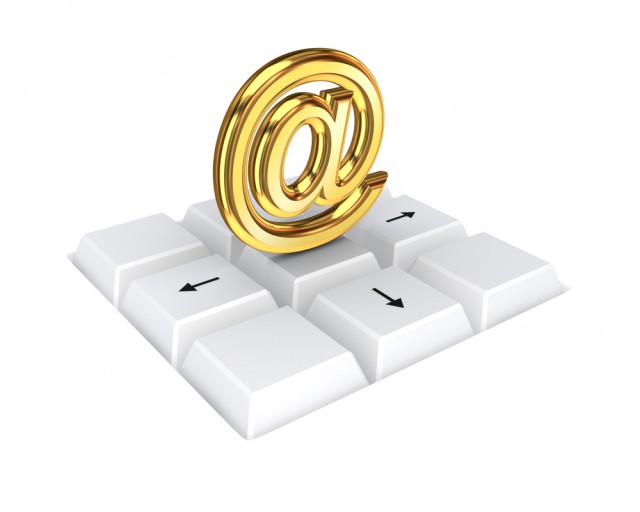
Import old email archives into Gmail using these open source tools from Google
I'm a Gmail user. You are probably a Gmail user. Hell, I bet your dog uses Gmail. Here's the thing though -- unless you are really young, you probably didn't use Gmail as your first-ever email account, right? Right.
If you are like me, you probably pre-date web-based email, and got your messages from an email client. In fact, many people -- especially in businesses -- still do, using such software as Thunderbird, Outlook or Evolution. The unfortunate thing, you see, is that those old emails aren't available and searchable in your Gmail account. But what if they were? What if you could import your archaic email archives (if you were smart enough to save them), saved on zip disks in a closet, into Gmail? That would be neat, right? Well, with the power of open source, you actually can -- maybe.

Gmail to issue warnings about emails sent without encryption
Google, like many other companies, is pushing people towards using secure internet connections. HTTPS is becoming the norm, but not everyone has caught on. To keep the security-conscious informed, Gmail is set to issue warnings about emails that are received through unsecure connections that do not use encryption.
A joint study involving Google, University of Michigan and the University of Illinois found that email is "more secure today than it was two years ago", with an increase in the number of encrypted emails sent. That said, there are still plenty of people who are not using secure connections and Google is keen to keep its users informed when they receive communication through unencrypted channels.

Smart Reply for Google Inbox suggests replies to emails
Gmail might be Google's most well-known email service, but more recently the company has introduced Inbox. Now Inbox gains a new feature -- Smart Reply. The email tool is known for its automation features and Smart Reply aims to cut down the amount of time you have to spend replying to messages in Android and iOS.
Although not entirely automated. Smart Reply analyzes the content of the emails you receive and suggests a number of stock replies that you might like to send. While it is certainly not going to eliminate the need to type out emails entirely, the ability to respond to common types of email with a couple of clicks will prove a real time-saver.
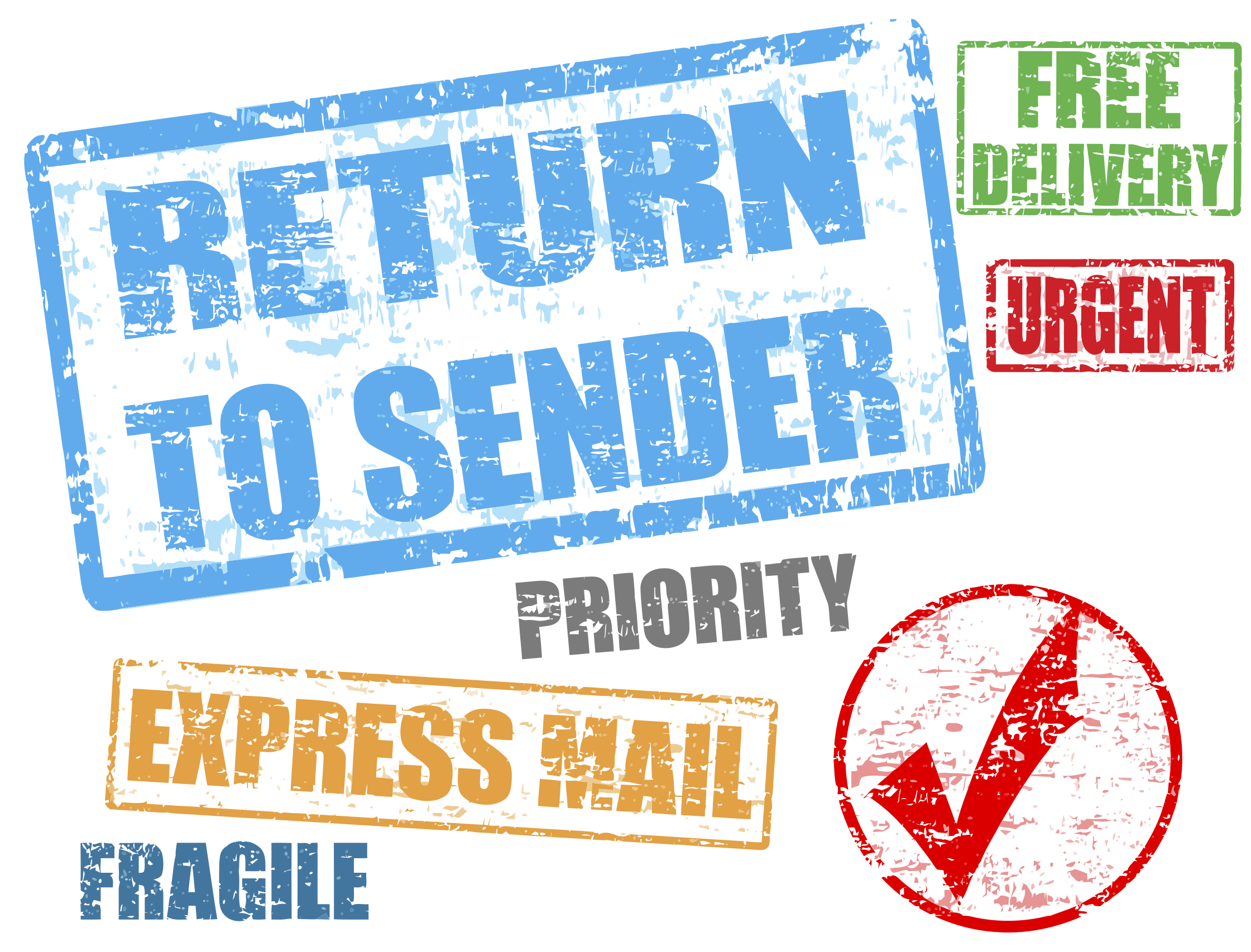
Google adds new unfriendly features to Gmail
One person's spam is another's feast, depending on who is giver or receiver. That's one way to read new capabilities coming to Gmail on Android and the web. The first, available starting today on PCs and arriving on Android devices over the next week, lets users block designated email addresses. Google describes "block", but the feature is more of an easy-and-quick filter that dumps unfriendly senders into the spam folder.
For either platform, you click the dropdown options menu to the right of the email address, and block appears as an option. Unsubscribe already is available from personal computers but is new to Android. For example, in the desktop browser, marking listserver messages as spam solicits the user to unsubscribe. The feature also will roll out over the next week to Android.
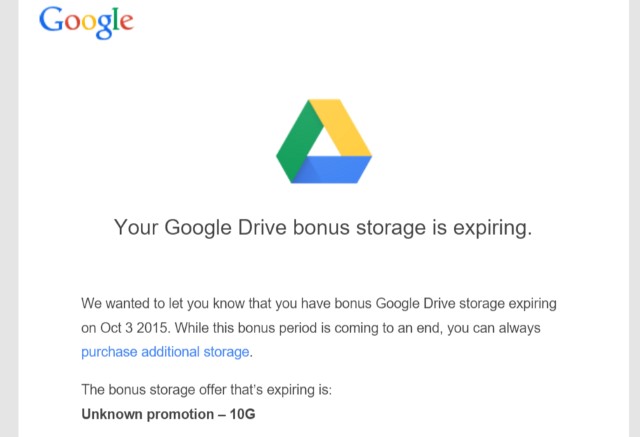
Time to have a cloud clear out as Google Drive bonus storage expires
Google is just one of many companies to offer free cloud storage, and over the years the amount of space given away has crept up. There have also been plenty of opportunities to boost cloud storage for free -- if you've bought a Chromebook, you'll have been given a bunch of extra space, and there have been various other special offers out there.
You may well have received a mysterious email from Google in the last day or so, warning you that you are about to lose 10GB of space. The email rather unhelpfully refers to an "Unknown promotion". What's it all about, and what do you need to do?
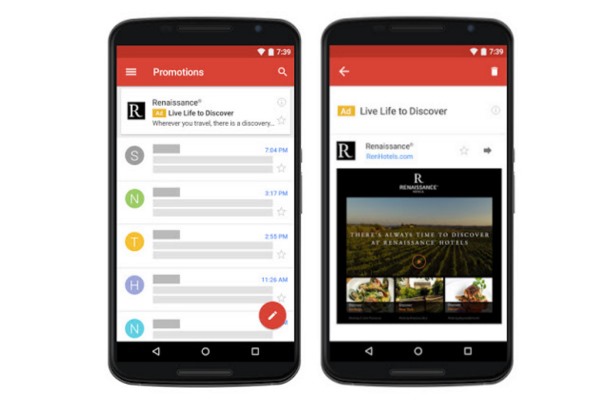
You're probably about to notice a lot more ads in Gmail
On the same day that Google unveiled its new logo, the company also slipped out some other news that didn't get quite as much attention. Considering the news means that Gmail users are likely to be inundated with more ads than ever before, it's hardly surprising that Google wasn't shouting from the rooftops, but that's what's happening.
Native Gmail ads are now rolling out to AdWords users, giving companies a new way to gain a presence in potential customers' inboxes. This is not spam. This is not a new way to start an email-based ad campaign. It's actual AdWord-triggered ads at the top of inboxes.
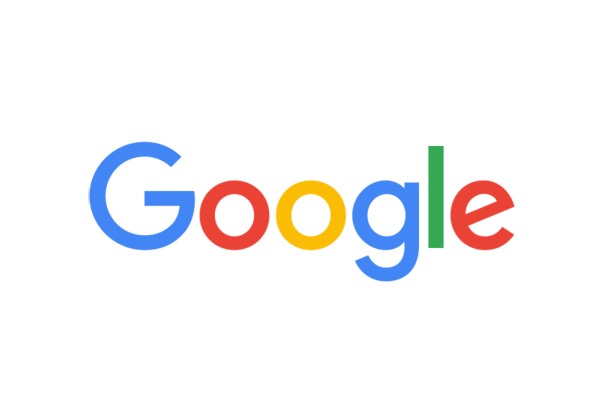
Google unveils a new, simple, sans serif logo
Google has come a long way over the years, but one thing has remain remarkably simple: its logo. There have been various designs for the six, colorful letters and today the company has taken the wraps off the latest version... complete with an uppercase G!
It's going to take a while for some people to get used to, but the clean, sans serif look of the new logo is simultaneously modern and retro. But today's announcement is about more than the main logo -- this is the launch of a new 'identity family'. In addition to the main logo, there's also a new four-color G icon, as well as similarly-colored imagery for other elements.
